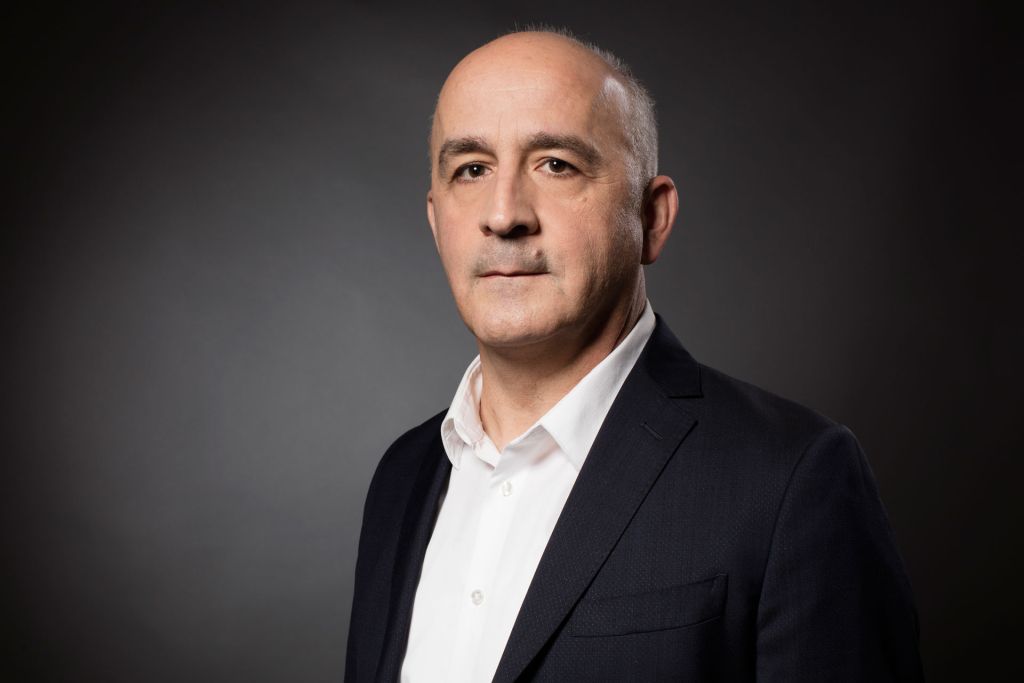We are bringing you the interview of Miodrag Mitrovic, director of the Technology Solutions Division at Saga, for the B92 portal. Full text downloaded from B92
When we think of IT professionals today, the first thing that comes to our mind is a programmer. In the general public, this occupation is associated with above-average incomes, and in economies of many countries, with high demand and lack of staff.The developer, as a profession, has existed since IT. With the advent of mobile devices and sophisticated software development tools, everyone today has the opportunity to try this kind of business. We’ve all started programming before with the well known Hello World, in one of a few programming languages (C, Fortran,…). There were many sleepless nights because of one point we forgot about in the code. In the world of software today, anyone who has the desire also has the opportunity to write their application with a dream in a short time, with the help of modern tools. However, a developer is not the only IT profession? Certainly not. In fact, all of us are IT developers by little today. It’s not possible to imagine an educated IT professional who is unable to write a few lines of code or at least understand what someone else has written. And operating systems are written in some programming language, so it’s unnecessary to talk about a good system engineer who is unable to “play” with system files. If you are analyzing some suspicious code as a security engineer, the basic tools you use are also related to programming.
The Network Solutions Engineer “programs” dynamic and static routes for moving data packets.
The database administrator adjusts system performance by changing program parameters.
Recent IT occupations, such as artificial intelligence specialist, Big Data specialist or DevOps engineer, require exceptional coding skills.

Similarly, every other IT profession requires knowledge of a particular type of programming language, often tailor-made for the field. All these specialties, besides programming, include the acquisition of a wide range of specific knowledge, through training, certification, and especially through specific projects that then, how do young people focus on a particular IT specialty? After they write their first application and learn the basics of using computers and mobile devices, they face a big intersection. The choice depends not only on the desire of the individual, but also on the need of the company in which they start their careers. The benefits of such a decision are multiple. In addition to choosing the direction in which your specific knowledge will move, you will also be able to partially educate yourself in other, related, IT fields. Such a career path can lead to a crowning title in the IT world, an IT system architect capable of creating complex IT solutions on their own or in a team.”For such success it is necessary to run the full circle, participate in projects from design to implementation and learn from the best experts in each of the steps,” – concludes Miodrag Mitrovic, Director of Technology Solutions Division at Saga.



